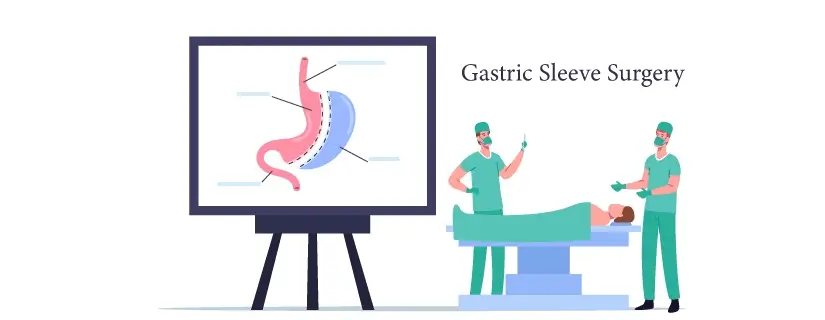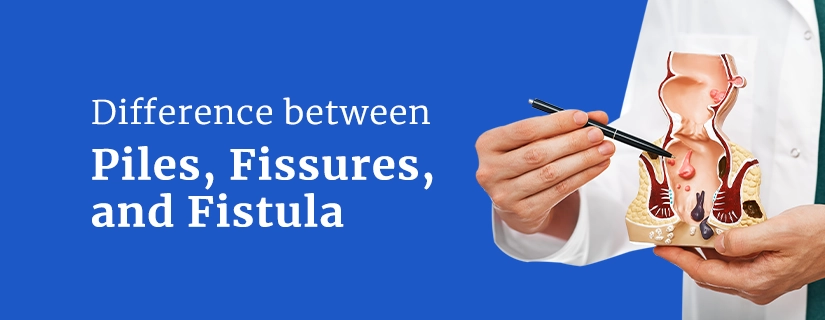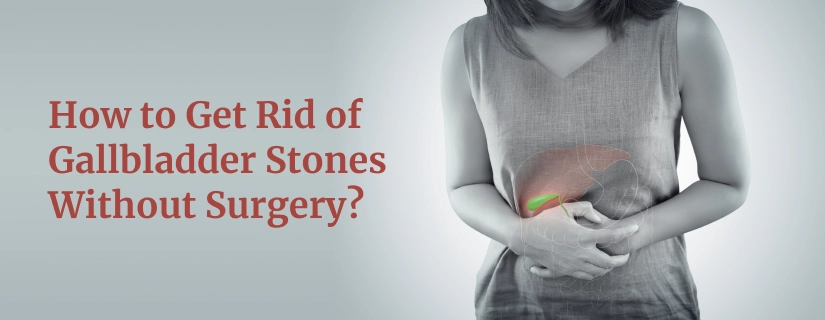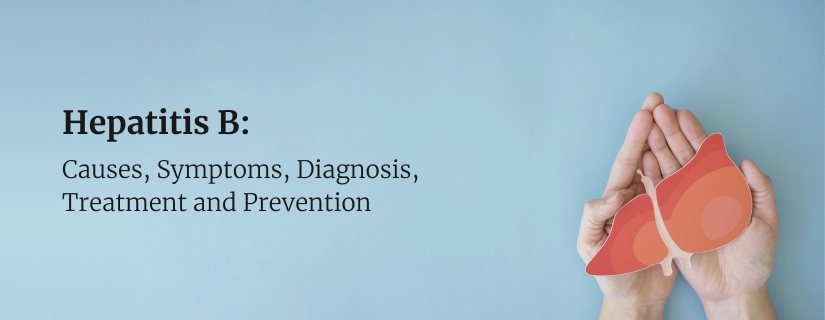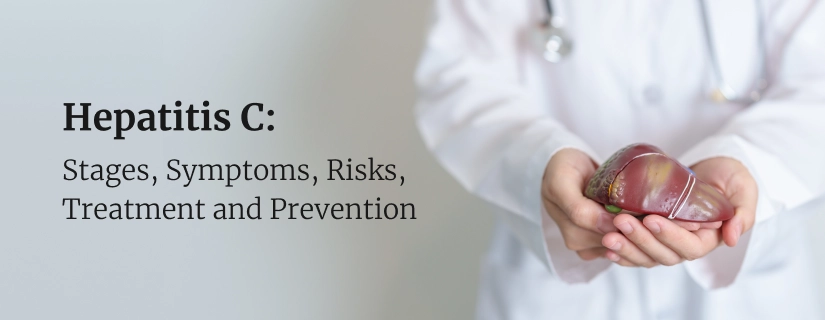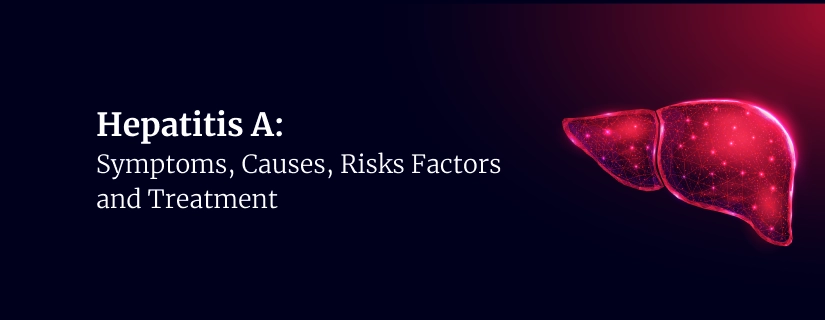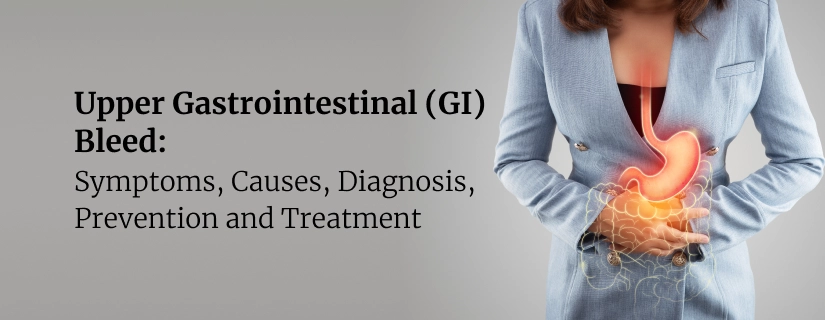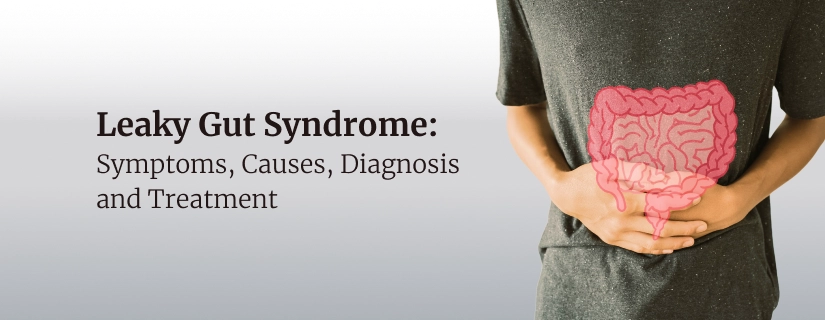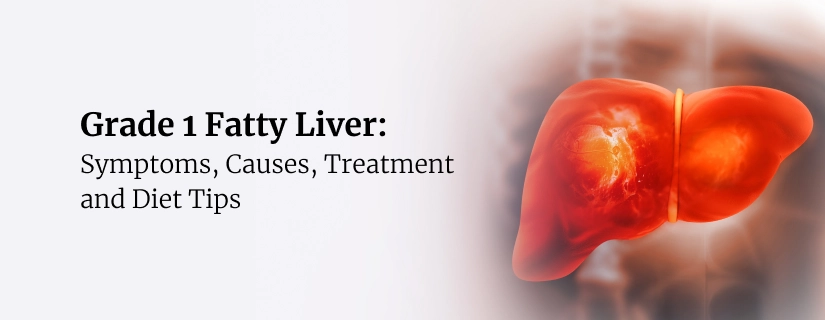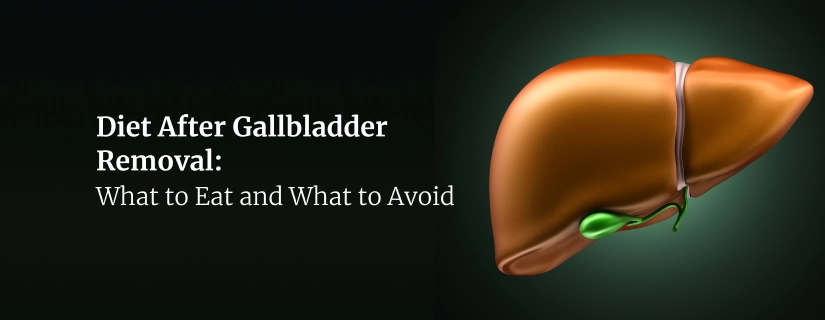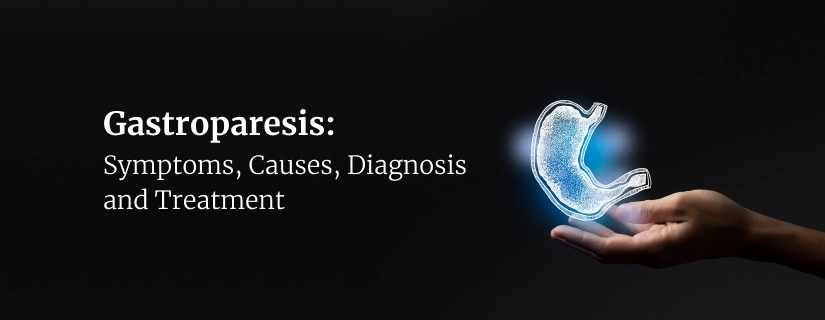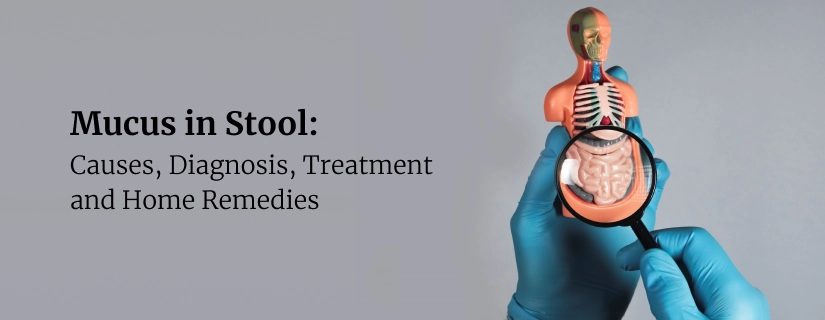-
Doctors
-
Specialities & Treatments
Centre of Excellence
Specialties
Treatments and Procedures
Hospitals & Directions HyderabadCARE Hospitals, Banjara Hills CARE Outpatient Centre, Banjara Hills CARE Hospitals, HITEC City CARE Hospitals, Nampally Gurunanak CARE Hospitals, Musheerabad CARE Hospitals Outpatient Centre, HITEC City CARE Hospitals, Malakpet
HyderabadCARE Hospitals, Banjara Hills CARE Outpatient Centre, Banjara Hills CARE Hospitals, HITEC City CARE Hospitals, Nampally Gurunanak CARE Hospitals, Musheerabad CARE Hospitals Outpatient Centre, HITEC City CARE Hospitals, Malakpet Raipur
Raipur
 Bhubaneswar
Bhubaneswar Visakhapatnam
Visakhapatnam
 Nagpur
Nagpur
 Indore
Indore
 Chh. Sambhajinagar
Chh. SambhajinagarClinics & Medical Centers
Book an AppointmentContact Us
Online Lab Reports
Book an Appointment
Consult Super-Specialist Doctors at CARE Hospitals
Liver transplant: Everything you must know
Updated on 21 April 2022

The liver is the most important organ that plays an important role in performing different functions in the body. The liver helps in producing necessary amino acids, aids in the proper digestion of carbohydrates, proteins, and fats, helps in storing glycogen for future use, produces bile, and helps in detoxification of the blood to protect against infections. Thus, if your liver stops working you may experience many health problems. In some cases, the liver stop working completely due to different reasons, and a liver transplant performed at the best liver hospital in Hyderabad is suggested as the only method of treatment.
People suffering from chronic liver disease or end-stage liver disease will need a liver transplant. Your doctor will perform some tests to identify the functioning and damage of your liver.
Tips to determine the candidates for liver transplant
Specialist doctors will work together to identify people for a liver transplant. They will review the medical, personal, surgical, and social history of a patient and will order several tests before determining anyone for a liver transplant. The team members that work together for evaluating and selecting candidates for liver transplants include hepatologists, surgeons, coordinators, social workers, nutritionists, psychiatrists, anesthesiologists, and an advocate.
When you become a candidate for a liver transplant, your name will be added to the list of liver transplant individuals. The list is prepared to depend on different factors such as your body size, blood type, and severity of the liver disease. The severity of the liver disease is determined by doing several blood tests and other tests. It is difficult to say how long you have to wait for a liver donor. The concerned authorities will notify you as soon as someone is available for liver donation.
Tests needed
The doctor will ask you to get some tests done before a liver transplant. He will ask you to bring all your previous medical records, blood tests, X-rays, etc. He may order other tests as well including a CT scan, an ultrasound, ECG, pulmonary function test, and blood tests such as blood clotting, and antibody test.
From where will the liver come for a transplant?
The liver may come from two different sources. It may either come from a living donor or a cadaver.
In some people, a living donor liver transplant is possible when a family member is ready to donate a part of the liver. In this method, a part of the liver is removed from the living donor for implantation. The liver segment in the donor will start growing to normal size in a few weeks. The living donor will also undergo extensive screening to evaluate and ensure that there is a little risk of a liver transplant. It is necessary to match the body type and size for a successful liver transplant.
When the liver is obtained from a cadaver, the donor may have suffered from an accident or head injury leading to sudden death. The family members should agree to donate the organs of the person after his/her death. The identity of the person is kept a secret. The doctors will evaluate the donor for liver disease, alcohol or drug abuse and if any problem is not detected then the person may be considered as a potential donor.
Once the donor is selected, the team will call you to the hospital and you may receive specific instructions. Once you reach the hospital, the coordinator will order some blood tests and other tests before surgery. If the liver is found to be acceptable, the process of transplant will start.
During the surgery
The liver transplant procedure may take 6-12 hours. During the surgery, the doctor will take out the liver and replace it with the healthy liver obtained from the donor. It is a long and complicated surgery.
Risks of liver transplantation
Liver transplantation has some complications.
The first and the most important complication is that your body may not accept the new organ. The immune system recognizes the foreign invaders and attacks them and it may not recognize the transplanted liver and may attack it and destroy it. The doctor may give some medications to make your immune system not attack your liver for a year or so.
Infection
Another complication of liver transplants is infection. The risk of infection is more in the first few months after transplant and the risk reduces with time. In most patients, the infection can be managed easily.
If you notice any symptoms of infection such as fever, loss of appetite, pain in the abdomen, weakness, etc. you must bring it to the notice of your physician and may contact the hospital immediately. The doctor will find out the cause of such symptoms and may prescribe some medications to prevent further complications.
You may have to stay in the hospital for two weeks after a liver transplant. Some patients are discharged early but some may have to stay longer depending on the reaction of their body to the new organ. Your doctor may call you after two weeks for a follow-up. It is important to take good care after liver transplant surgery.
CARE Hospitals is considered the best liver hospital in Hyderabad, providing world-class services for liver transplant surgeries. We have some of the best liver surgeons in Hyderabad who will ensure that you receive excellent care so there is no need to worry about anything else.

ENQUIRY FORM
SELECT CATEGORIES
-
Neurosciences (16)
-
Neurology (37)
-
Neurosurgery (14)
-
Orthopaedics (48)
-
Oncology (33)
-
Obstetrics and gynecology (51)
-
Pulmonology (23)
-
Urology (20)
-
Nephrology (13)
-
Psychiatry (7)
-
Dietetics and Nutrition (111)
-
General Medicine (63)
-
Cardiac Sciences (30)
-
Vascular & Endovascular Surgery and Interventional Radiology (10)
-
Gastroenterology (46)
-
Endocrinology (23)
-
Plastic Surgery (10)
-
Critical Care Medicine (5)
-
COVID-19 (16)
-
Dermatology (16)
-
Emergency Care (1)
-
Ophthalmology (4)
-
Pediatrics (14)
-
Laparoscopic and Bariatric Surgery (8)
-
ENT (15)
-
Kidney Transplant (1)
-
Liver Transplantation and Hepatobiliary Surgery (5)
-
General Surgery (3)
-
Internal Medicine (5)
-
Medicine Information
Bariatric Surgery and COVID-19
Top 5 Liver Diseases and Their Causes
YOU MAY ALSO LIKE
RECENT BLOGS
-

Direct Anterior Approach in Total Hip Replacement: Advantages and Challenges
10 April 2025
Read More
-

Zinc Deficiency: Signs and Symptoms, Causes, Treatment
9 April 2025
Read More
-

Chest Pain When Coughing: Causes, Treatment and Home Remedies
9 April 2025
Read More
-

12 Health Benefits of Eating Mushrooms
8 April 2025
Read More
-

7 Health Benefits of Blood Donation You Should Know About
8 April 2025
Read More
-

Implantation Bleeding Vs Periods: Know the Difference
28 February 2025
Read More
-

Bloating During Ovulation: Symptoms, Causes and Remedies
28 February 2025
Read More
-

Itching During Dengue: Causes, Treatment and Home Remedies
18 February 2025
Read More
Have a Question?
If you cannot find answers to your queries, please fill out the enquiry form or call the number below. We will contact you shortly.







